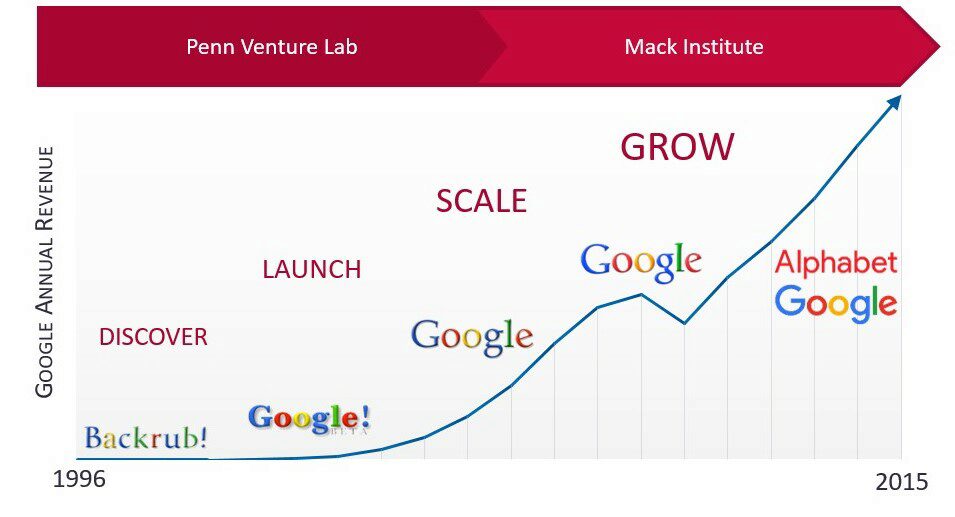A Driver of Competitive Success
Today’s managers find themselves in a world of rapid change, full of uncertainty and complexity. Markets once evolved over generations, but the increasing pace of technological change, globalization, and competition means that markets may significantly change over a period of years, or even months.
The opportunities and risks associated with innovation extend across all industries. Well-established firms can suddenly find their businesses disrupted by new competitors with emergent business models. Consumers respond to new products in unexpected ways, driving unanticipated change and the need for ever newer products and services. And last but certainly not least, emerging-market multinationals challenge incumbents across the world by changing the rules of the game in how they achieve quality, cost, and time to market.
Managing innovation effectively and efficiently has thus become a critical source of competitive advantage and survival. Companies operate in an environment where the traditional paradigms are heavily disrupted. As they face the need to embrace new approaches, they must consider innovation in products and services, processes, and business models.
Innovation Management, Applied
To help illustrate where the pursuit of innovation management can lead, our Innovation Pathways series asks MBA students, recent graduates, and established alumni to describe their journeys:
The Mack Institute’s Agenda in the Management of Innovation
Traditional frameworks for business decision making, which often implicitly focus on established technological paradigms, are less applicable in rapidly changing environments. Managers who understand the frameworks and mindsets necessary for successful innovation are best positioned to handle the challenges ahead.
The Mack Institute works to identify priority issues in the field and to fund research addressing these core concepts. Key innovation management concepts include managing uncertainty and risk, open innovation, and scenario thinking and decision strategies.
Nearly all organizations, from corporations to government agencies, face the challenge of responding to new business models, which have often been developed outside their organization. From issues of intellectual property to designing and managing alliances between firms to evaluating new technologies to transforming processes and organizations, the new insights on the management of innovation are important for decision makers to master.
The Mack Institute for Innovation Management advances knowledge in four areas: innovation opportunities, strategies for innovating, leading and organizing for innovation, and capturing economic value from innovation investments. These research priorities communicate our reach and scope, provide a blueprint for our conferences and research, and stimulate industry-academic dialogue.
What Distinguishes Penn Venture Lab and the Mack Institute?

Penn Venture Lab and the Mack Institute play complementary roles at Penn.
The resources at PWE are primarily for students and alumni who are interested in starting a venture or joining an early-stage startup. The Mack Institute focuses on innovation in established organizations. Through its programs, students get to work on critical innovation challenges faced by established firms both large and small.






